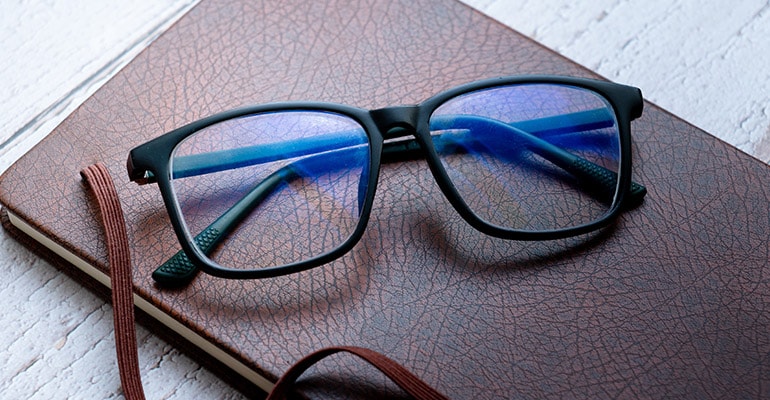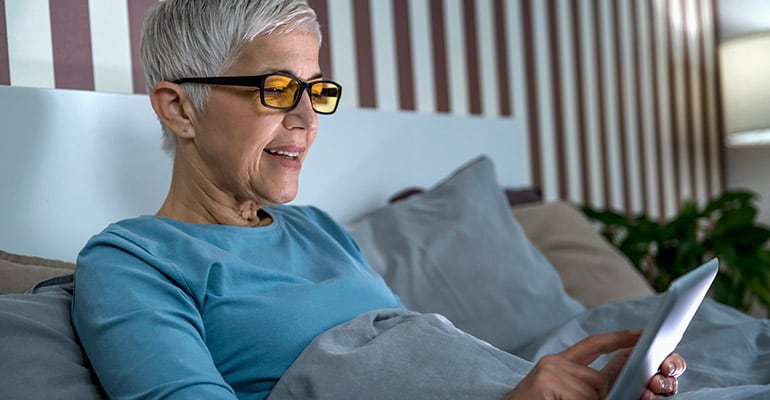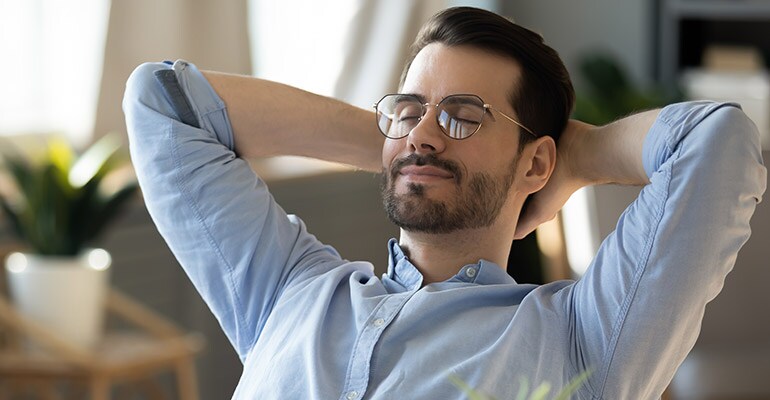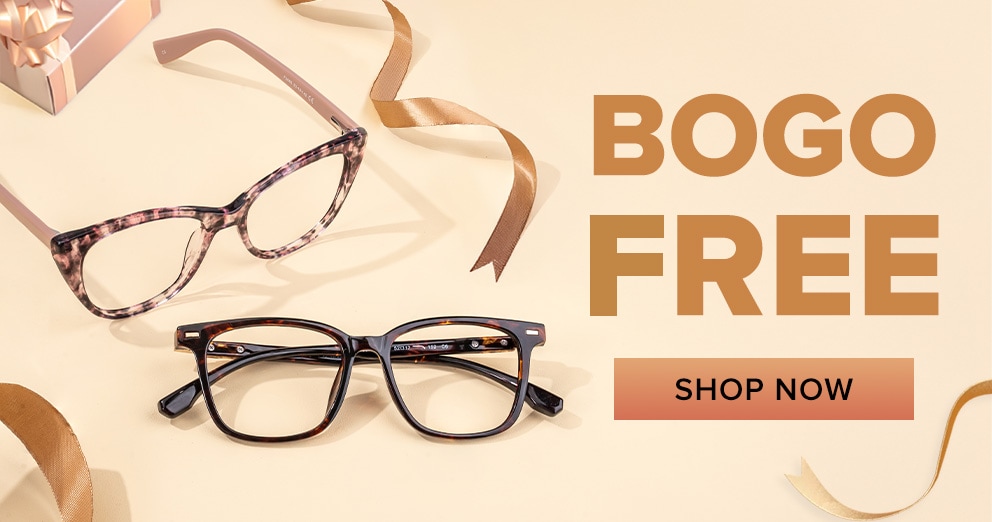Benefits of Blue Light Blocking Glasses
Jan 02, 2024
The rise of digital screen use has resulted in increased exposure to blue light, a form of light wave mainly emitted from these screens. This proliferation has sparked a discussion on the potential harm of prolonged blue light exposure, leading to a growing interest in blue light blocking eyeglasses. Designed to filter out a portion of the blue light entering our eyes, these glasses are claimed to offer multiple benefits, from eye strain relief to improved sleep quality.

Starting with eye fatigue and strain, often referred to as digital eye strain, the symptomatic condition includes dry eyes, headaches, and blurred vision. It's a common ailment among individuals who spend significant time in front of digital screens. Here, blue light blocking glasses play a significant role. By decreasing direct exposure to intense and high-energy blue light, they can potentially reduce such eye discomfort associated with prolonged screen time.

Secondly, the effect of blue light on sleeping patterns is another key area of concern. Blue light is believed to inhibit the production of melatonin, the hormone responsible for regulating our sleep-wake cycle. By wearing blue light blocking glasses in the evening, it's suggested that individuals can curb this interference, leading to improved quality of sleep, particularly for those constantly engaged in evening screen-based activities.
Thirdly, these glasses may help stave off age-related macular degeneration. Although research in this area is not definitive, some studies suggest that prolonged exposure to blue light might increase the risk of certain types of eye conditions, including macular degeneration, which leads to vision loss. Theoretically, by cutting off a portion of blue light, these glasses could provide an added layer of protection.

The fourth point worth noting is these glasses can help with photosensitivity. People suffering from light sensitivity or photophobia could find relief through wearing blue light glasses. For such individuals, even a small amount of light could create discomfort. By blocking blue light, these glasses may alleviate some of this unwanted sensation of discomfort.
Furthermore, recent studies suggest that there may be a connection between exposure to blue light and mental health. A study published in the Journal of Psychiatric Research has tied disturbances in circadian rhythms that could be caused by blue light exposure to mental health issues like depression. By regulating the exposure to blue light, especially before sleep, these glasses could potentially have a positive impact on mental health.

Finally, it's also claimed that by reducing eye strain, blue light glasses can actually improve concentration levels and productivity. Eye discomfort can distract from tasks and create a more stressful work environment, so by addressing this, blue light glasses may indirectly aid in maintaining consistent productivity levels.
However, it's important to note that scientific research into the efficacy of blue light blocking glasses is still ongoing, with mixed results. Various factors such as lens quality, what percentage of blue light they block, and individual differences might affect the outcomes.
Here, we would like to recommend our latest type of blue light blockers “BLUE BLOCK PRO”. It reduces harmful blue light, especially the high-energy blue light emitted by digital screens, and also helps remove glare of the road and car lights for a perfect drive. We make effort to make your screen time more comfortable and protect your eyes from everyday wear.

While it's clear that blue light glasses have potential benefits, individuals should also consider adopting healthy digital habits, like taking regular breaks away from screens and not using digital devices close to sleep time. If experiencing significant eye strain, lack of sleep, or other related issues, consultation with an ophthalmologist or other healthcare professional is always a good idea.
